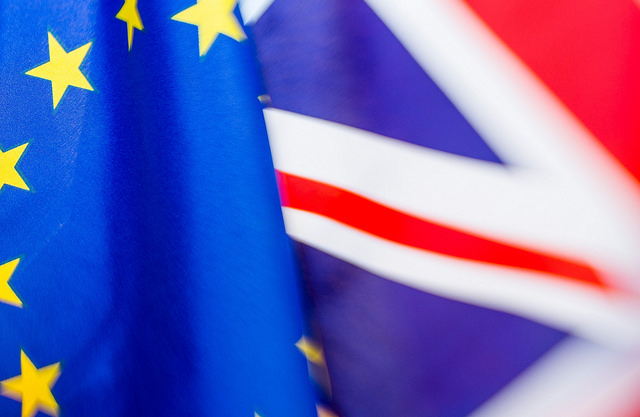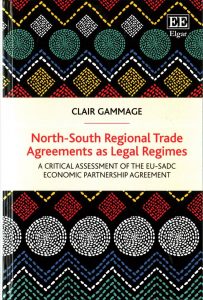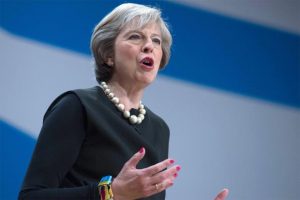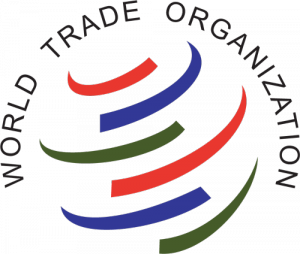By Dr Albert Sanchez-Graells, Reader in Economic Law (University of Bristol Law School).*
 Eight months ago, by giving formal notice under Article 50 TEU, the United Kingdom formally started the process of leaving the European Union (so called Brexit). This has immersed the UK Government and EU Institutions in a two-year period of negotiations to disentangle the UK from EU law by the end of March 2019, and to devise a new legal framework for UK-EU trade afterwards. The UK will thereafter be adjusting its trading arrangements with the rest of the world, and the Government has recently stated its intention for the UK to remain a member of the World Trade Organisation Government Procurement Agreement (GPA).
Eight months ago, by giving formal notice under Article 50 TEU, the United Kingdom formally started the process of leaving the European Union (so called Brexit). This has immersed the UK Government and EU Institutions in a two-year period of negotiations to disentangle the UK from EU law by the end of March 2019, and to devise a new legal framework for UK-EU trade afterwards. The UK will thereafter be adjusting its trading arrangements with the rest of the world, and the Government has recently stated its intention for the UK to remain a member of the World Trade Organisation Government Procurement Agreement (GPA).
In this context, public procurement regulation is broadly seen as an area where a UK ‘unshackled by EU law’ would be able to turn to a lighter-touch and more commercially-oriented regulatory regime, subject only to GPA constraints. There are indications that the UK would simultaneously attempt to create a particularly close relationship with the US, although recent changes in US international trade policy may pose some questions on that trade strategy. Overall, then, Brexit has created a scenario where UK public procurement law and policy may be significantly altered. In a paper* recently published in the Public Contract Law Journal with Dr Pedro Telles, I speculate on the possibility for Brexit to actually result in a significant reform of UK public procurement law (of which I remain sceptical). (more…)



